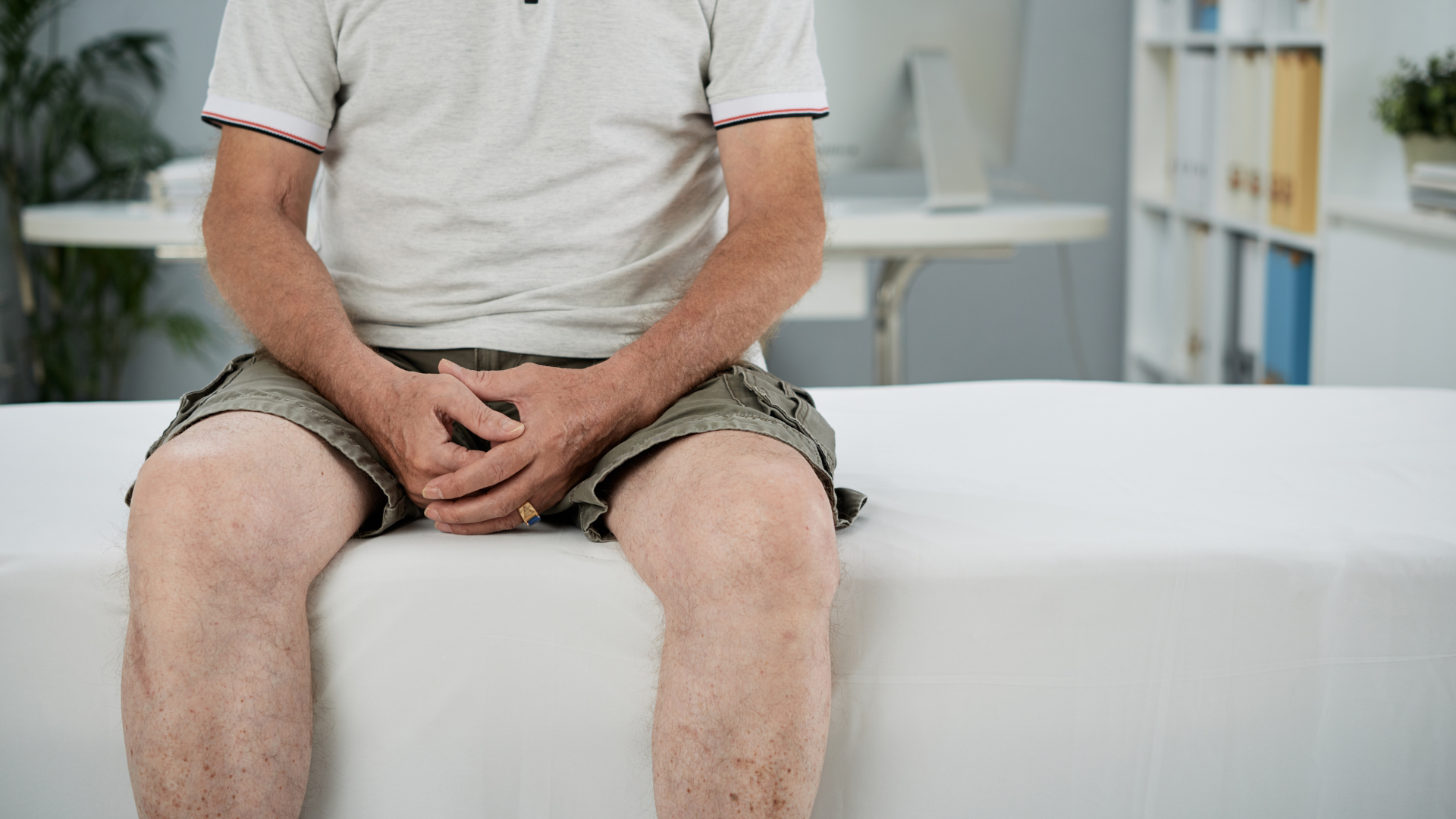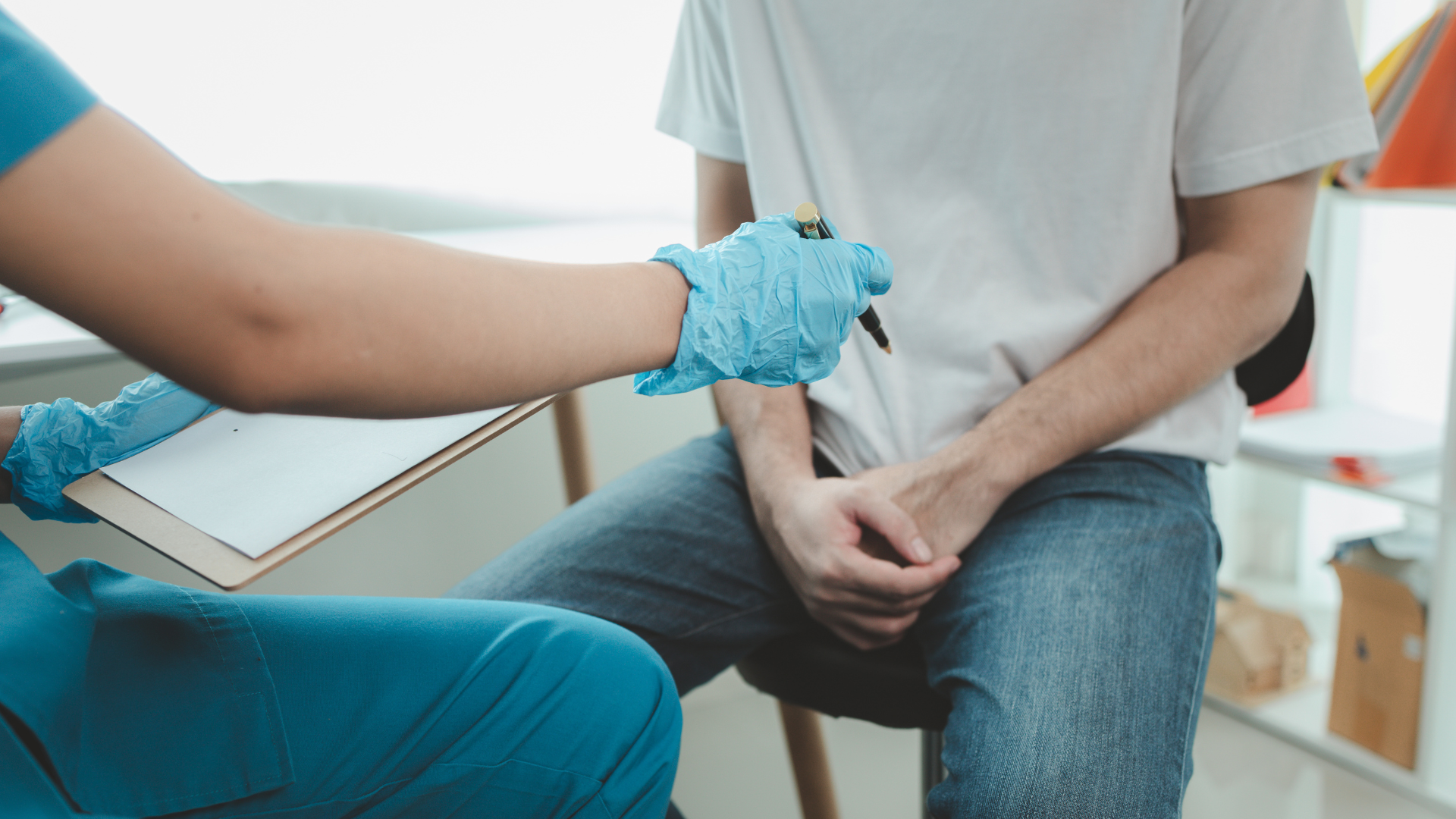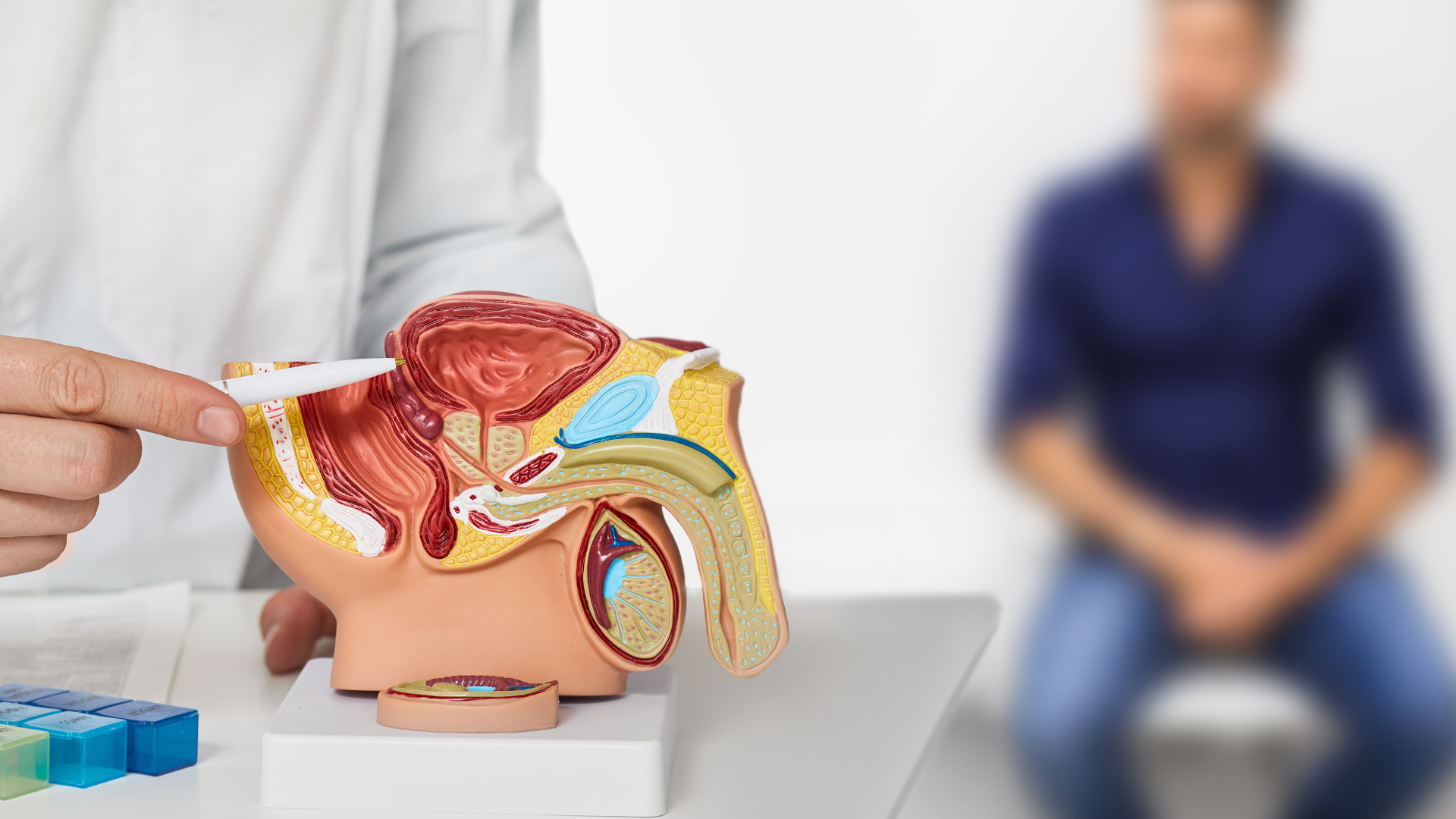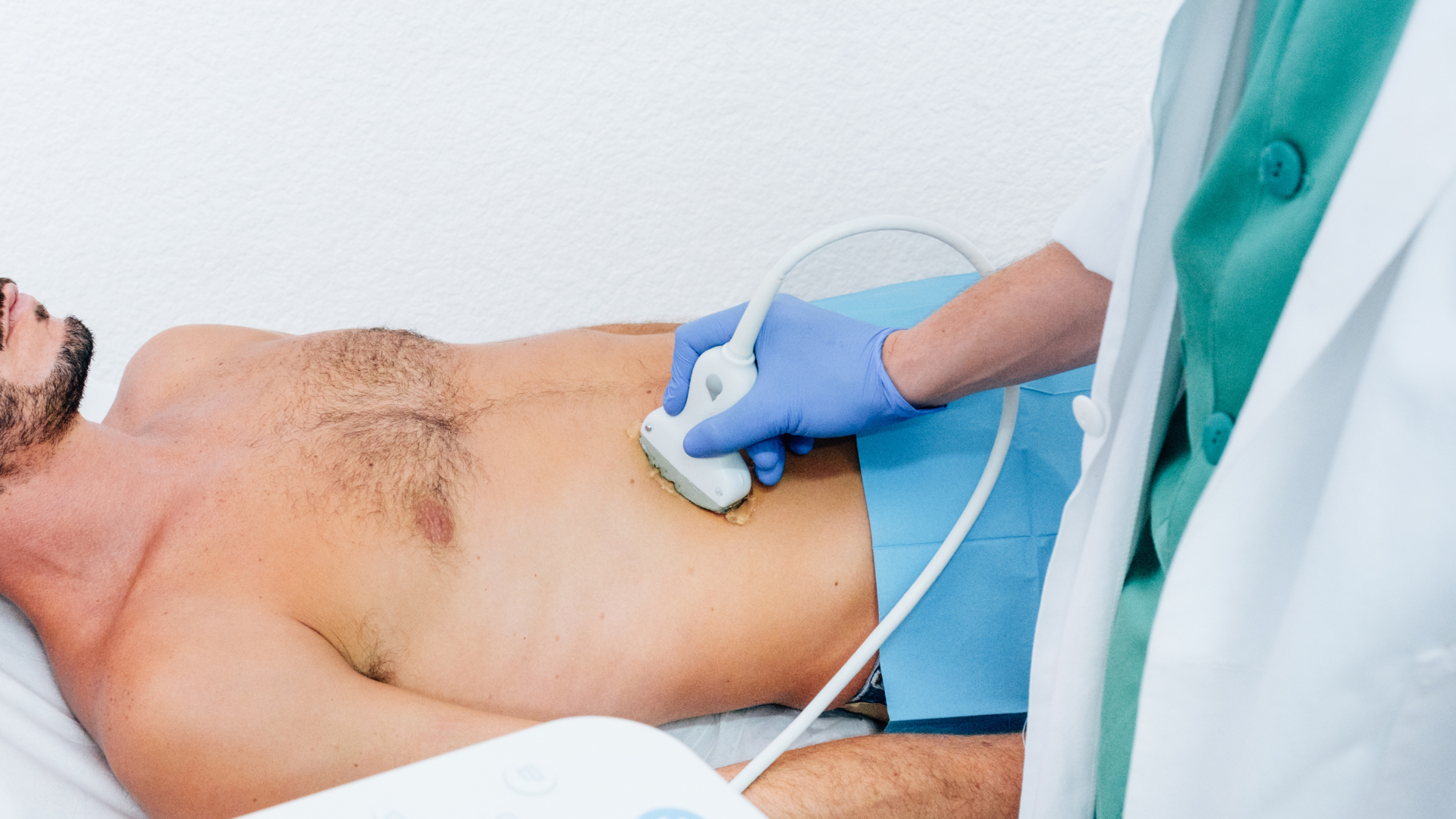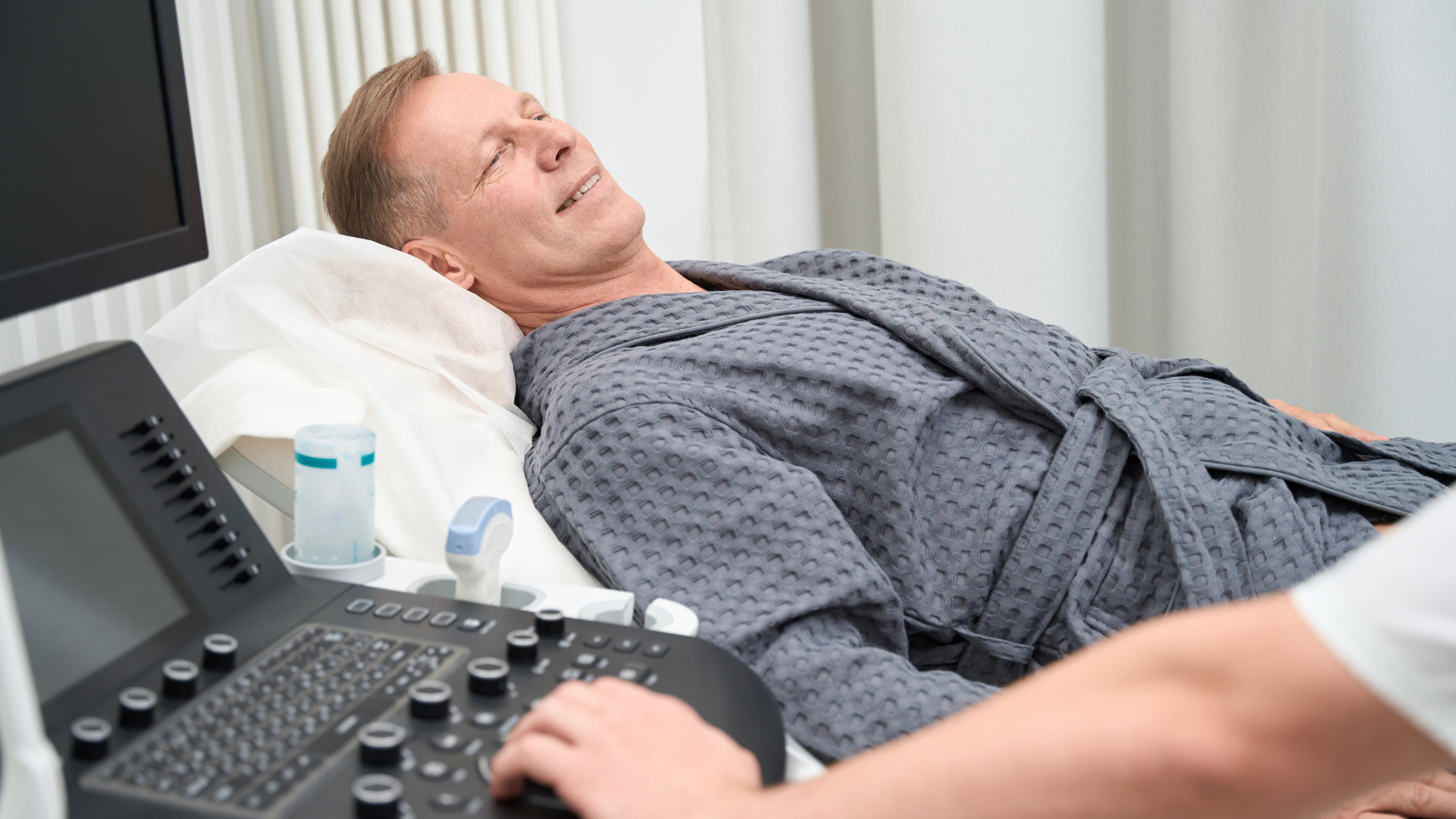
Saturday: 10 am - 1 pm
Urodynamics: what medications should be avoided before the test
Some medications may alter the results of urodynamics. In this blog, we'll tell you what you should avoid before the test, why they can interfere with bladder evaluation, and how to properly prepare for an accurate and reliable diagnosis.
Urodynamics: A Complete Guide to Bladder Diagnosis and Evaluation
Urodynamics is a key test for evaluating the functioning of the bladder and lower urinary tract. In this blog we offer you a complete guide on how it is performed, what conditions it helps to diagnose and how to interpret its results for a more accurate treatment.
Urodynamic Procedure: Clear Guide to Diagnosis and Effective Treatment
The urodynamic test evaluates how the bladder and urethra work. In this blog, we explain what the procedure consists of, how it is performed, what results it offers and how it contributes to the diagnosis and treatment of urinary problems. A clear and useful guide for patients.
How long does a transperineal prostate biopsy last: we explain the process to you
The transperineal prostate biopsy lasts 20 to 40 minutes and is performed under anesthesia. In this blog, we explain step by step what the procedure is like, how long it takes to recover and what to expect before, during and after the study so that you arrive prepared and calm.
Learn more about transperineal prostate biopsy in Mexico
Transperineal prostate biopsy is an accurate diagnostic method, with a lower risk of infection compared to the transrectal approach. In Mexico, prostate cancer is one of the leading causes of male mortality, and this guided procedure allows multiple samples to be obtained from the perineum to improve cancer detection
Transperineal prostate biopsy: safe and accurate method for early diagnosis
Transperineal prostate biopsy is an advanced technique that allows obtaining precise samples of prostate tissue with a lower risk of infection. In this blog, we explain how it is done, its advantages over other methods and why it is key to an early diagnosis of prostate cancer.
What is a cystoscopy? Procedure Guide
Cystoscopy is a procedure that allows you to look inside the bladder and urethra to diagnose or treat urinary conditions. In this blog, we explain what it consists of, how it is done, what discomfort you may feel and what to expect before, during and after the study.
Transabdominal ultrasound for prostate: procedure and clinical applications
Transabdominal prostate ultrasound is a non-invasive technique used to evaluate prostate size, shape and possible prostate anomalies. In this blog, we explore how the procedure is performed, what can be diagnosed with it and in which clinical cases its use is recommended. Ideal for patients looking to understand this key diagnostic tool.
How a prostate ultrasound is done: procedure and preparation
Learn step by step how a prostate ultrasound is performed, what type of images are obtained and how you should prepare for the exam. This article provides a clear and comprehensive guide for patients seeking to understand the process and arrive at their prostate exam with peace of mind.

